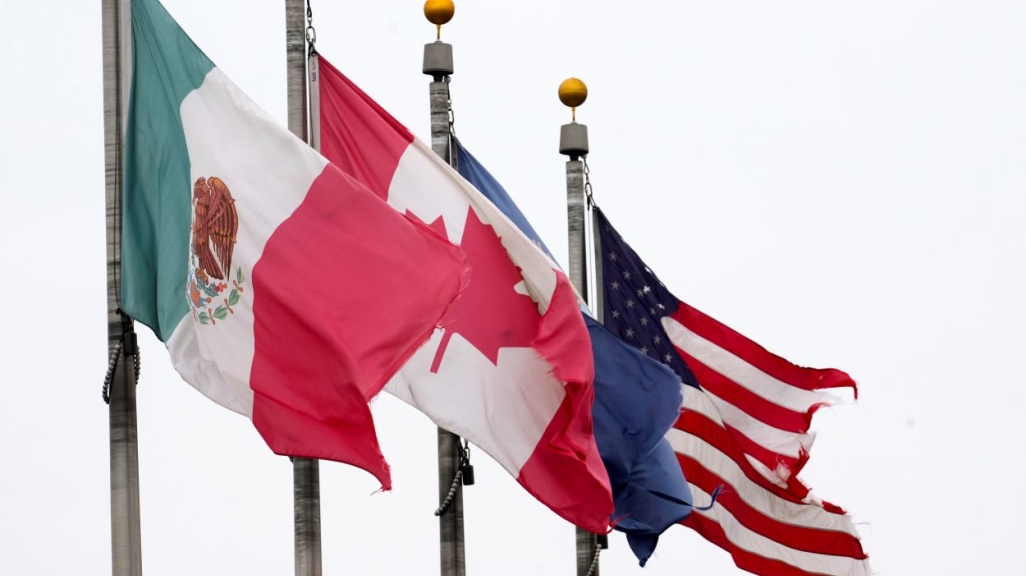Carin Zissis on the USMCA's Review for the Latin America Advisor
Carin Zissis on the USMCA's Review for the Latin America Advisor
Talks must be seen in the context of larger priorities for the U.S., like immigration and security, says the AS/COA Washington Office's interim director.
Q: Mexico’s government expects a review of the U.S.-Mexico-Canada Agreement (USMCA) to begin this September or October, instead of as scheduled in July 2026, Economy Secretary Marcelo Ebrard said. U.S. President Donald Trump has called for the agreement, which he negotiated during his first term in office, to be reworked. What is the significance of an early renegotiation of the USMCA, and how might it affect the consultation process’ outcome? How might non-trade-related factors like migration play into a new agreement? How feasibly could the agreement be significantly reduced in scope?
A: Since re-entering the Oval Office, U.S. President Donald Trump has signaled he would seek an early review of USMCA, and the fact that his administration’s first tariff tussles were with Canada and Mexico only underscored the potential. That explains why Secretary Ebrard, who has said he visits Washington every 10 days for meetings, indicated the possible ahead-of-schedule arrival of talks with little surprise, even suggesting the move could help calm investor and consumer nerves. Indeed, Mexico has come out of recent months’ upheaval on surer footing than most U.S. trade partners, thanks in part to USMCA protections.
That doesn’t mean the path ahead will be smooth, and Trump recently hinted the North American pact could face termination. The talks must be seen in the larger context of other U.S. government priority areas, notably China, immigration, and security.
President Claudia Sheinbaum, who has had at least seven phone calls with Trump as of May 23, is drawing accolades at home and abroad for calmly weathering Washington’s tariff threats, but recent events expose the delicate nature of ties. For example, days after Sheinbaum rebuffed Trump’s suggestion to send U.S. troops into Mexico to battle organized crime groups, the United States revoked the visas of a Mexican border-state governor and her spouse—both members of the ruling party. Scant reasons were given, and concerns persist that other high-profile Mexican officials could also see their visas revoked. On the other hand, U.S. Secretary of State Marco Rubio’s recently praised Mexico’s security collaboration. In the months ahead, we should expect this bilateral balancing act to continue.







